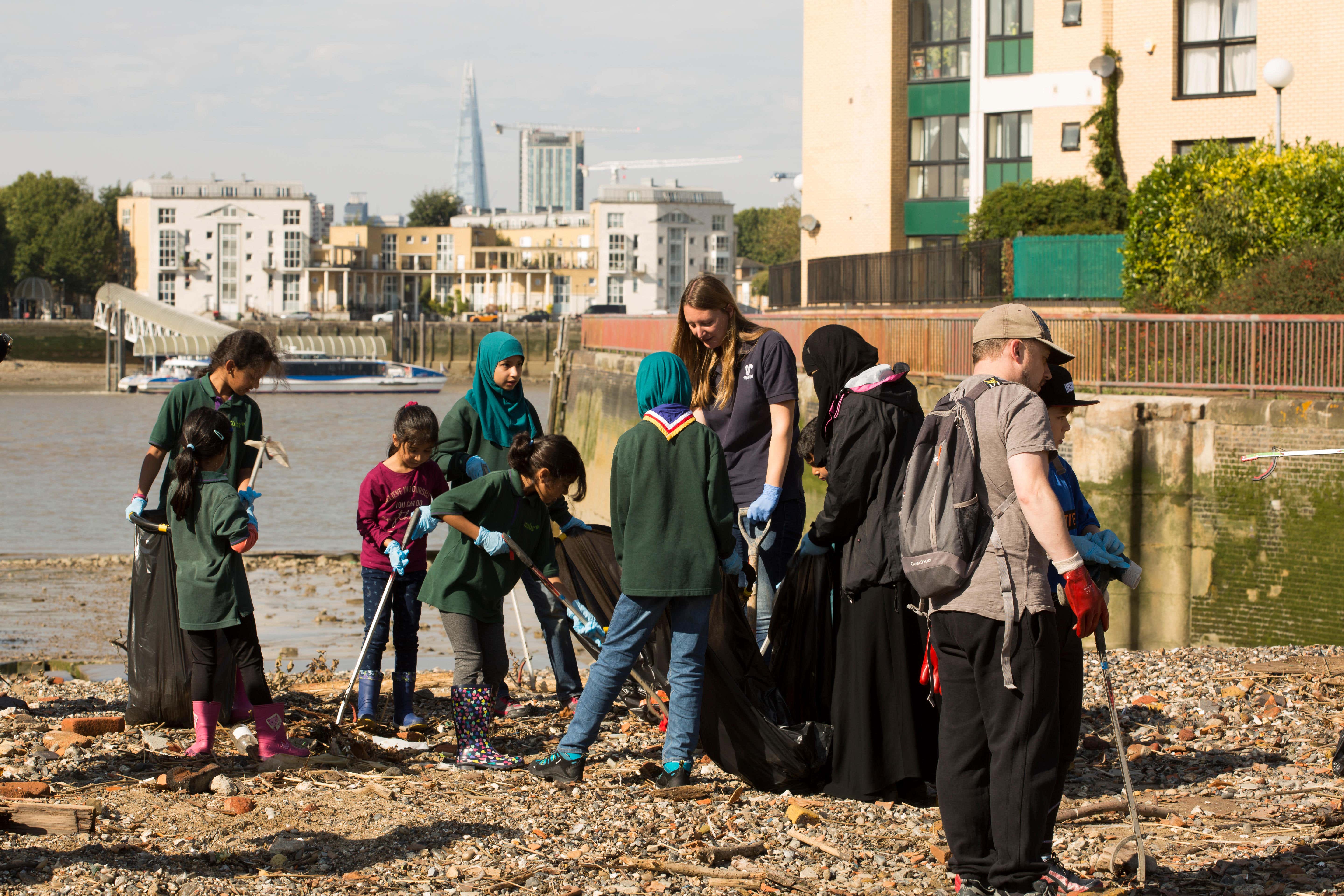As the coronation inspires people to help out – how volunteering can boost mental wellbeing
The Big Help Out takes place on May 8, but what are the mental wellbeing benefits of giving back? By Imy Brighty-Potts.

Could doing good be the secret to feeling good?
New research might make you think so.
Helpforce’s research suggests 56% of the UK public is willing to volunteer to support the health and wellbeing of people in their local communities.
When asked what would motivate people to volunteer, making a difference to individuals (34%), their local community (28%), and having a sense of purpose (26%), were the most compelling reasons.
“Numerous studies have shown the widespread benefits that volunteering has for the volunteers themselves,” says Mark Lever OBE, chief executive of Helpforce.
These benefits include “improved wellbeing, improved confidence and self-esteem, and better social connections. Volunteering also helps people to boost their skills, which in turn improves their employability,” he explains.
“Volunteering is a great way for people of all ages and backgrounds to give back to their community. It benefits everyone involved, helping to ensure more connected, compassionate and resilient communities.”
Volunteering is front of mind, as the Big Help Out will take place on May 8, the Monday of the coronation bank holiday.
A palace spokesperson said: “In tribute to the King’s public service, it will encourage people to try volunteering, and join the work being undertaken to support their local areas.
“The aim of Big Help Out is to create a lasting volunteering legacy from the coronation weekend.”
So why exactly does volunteering make us feel good?
Forming connections
When volunteering, “You may be part of a team bringing a sense of camaraderie, and even form connections with a new and different group of people with similar values,” suggests Dr Audrey Tang, psychologist and author of The Leaders Guide To Resilience.
“This team inclusion offers you a whole new source of support, encouragement and ideas,” which she says can be a “positivity boost”.
Tang adds: “And when others see what you are doing, they too may feel able to join in.”
Learning from others
Tang says volunteering is “really great for stimulating a new sense of curiosity through learning from different people”.
Plus, if you are working with people in need, it lends the opportunity for you to “listen and give voice to those addressing real needs at ground level, learning what the real issues are and how to initiate effective change”, she says.
This could be inspiring for you and give a boost to your own wellbeing. “In talking to [someone] about how they have managed their situation, you learn so much more about them, their grit, their resilience – and you’ve created a space to share.”
Building confidence and new skills
Building new skills while volunteering could boost your confidence.
“You will develop many skills which can be transferred into employment, including timekeeping and reliability, as well as technical skills. Depending on who you are volunteering for, you also might even have the chance to contribute to and shape the activities you do for the cause you support,” Tang explains.
Feeling valued
“Volunteers are also very valued – partly because the commitment you make in time and effort is so very important – but also because you are doing it for free, as such your work is often highly recognised and appreciated, which in turn can build self-esteem and a sense of belonging,” Tang says.
Subscribe to Independent Premium to bookmark this article
Want to bookmark your favourite articles and stories to read or reference later? Start your Independent Premium subscription today.
